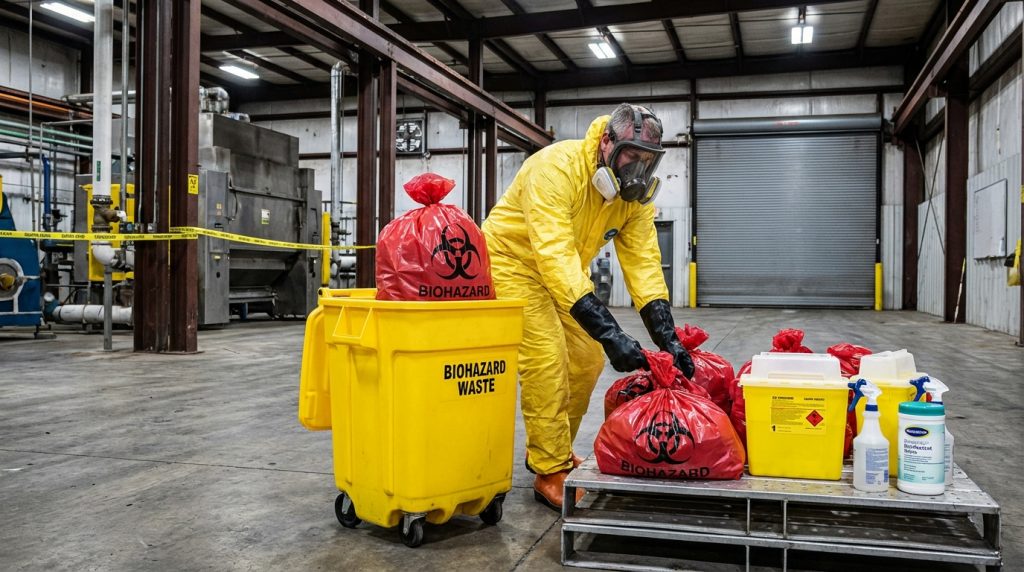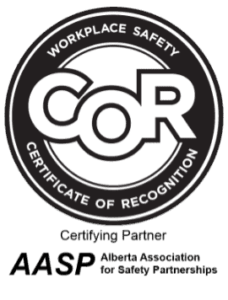Fentanyl in a stolen vehicle recovered by Calgary Police – Interview with Dean May
I live in Calgary. My BMW was stolen and recovered full of fentanyl. Can I refuse to take it back? Will my insurance pay me out?
If your stolen car was found full of dangerous drugs, you can’t simply refuse to take it back. “It is your vehicle and you cannot abandon it with the police. If you refuse to accept the vehicle, the police will charge you additional storage costs,” Brett Weltman, manager of media relations with the Insurance Bureau of Canada (IBC), said in an email. “It is important to get your insurer involved right away and they can view the vehicle at the police compound and make a determination, so the owner does not have to drive the vehicle or go inside.”
When police find a stolen vehicle, they search it and seize any evidence, which could include “illicit drugs, weapons, stolen property and documents,” Calgary Police Service (CPS) said in an email statement.
Police then take the car to an impound lot and let the owner know it has been found. But they don’t clean it out first because cleaning “is not within the scope of our duties conducting a criminal investigation,” CPS said.
That means there could be drug residue, along with syringes and anything else thieves left in the car, CPS said.
Hoping for a write-off?
If police suspect your car could be contaminated with drugs – including fentanyl, a powerful synthetic opioid that can potentially cause fatal overdoses if ingested – your insurance company or the body shop will call a company that specializes in cleaning up hazardous materials, Weltman said.
“Before the body shop will touch it, they call us in to go do a drug test on the vehicle,” said Dean May, president of Mayken Hazmat Solutions Ltd., a Calgary company that specializes in cleaning up hazardous materials. “So we go to the body shop and drug test the vehicle and find out what was in there. Was it meth, fentanyl, cocaine?”
If the drug test is positive, the car goes to May’s shop, where they first pump a neutralizing agent into the car’s interior and HVAC system, and then carefully clean the car.
“[Cleaning] takes about three days,” May said, “especially with fentanyl. We have to remove the seats [and clean them] because what if somebody’s child or grandchild drops a French fry or a piece of gum deep between the seats and it gets contaminated?”
Typically, the process costs around $2,000, May said. But if there’s also blood or other biological material in the car, it can cost more. Seats, carpets and interior upholstery may have to be ripped out and disposed of, May said.
If the cost of restoring the vehicle, along with any repairs, is more than the car is worth, the insurance company may write it off and give you cash for it, the IBC’s Weltman said.
But May said some insurance companies instantly write off a vehicle if there’s fentanyl in it.
“Other insurance companies, they’ve been educated that, well, no, it can be neutralized and cleaned out of the vehicle,” May said. “If there’s no visible body damage and no mechanical issues, most insurance companies will just clean them and give them back to the vehicle owner.”
Although vehicles are tested again after cleaning to make sure no traces of illicit drugs remain, some owners are unhappy to collect their vehicles, May said.
“Over the years, we’ve had numerous phone calls where the owner says they don’t want it back because they have small children or their wives are pregnant or they go to the States and are worried about [getting caught with illegal drugs] at the border,” May said. “I tell them: ‘After a vehicle goes through our process, I would put my grandchildren in it and I would drive it over the U.S. border without thinking.’”
Keep reading here!

Mayken Hazmat Solutions has provided Calgary and Western Canada with high-quality hazmat services since 2006. As a registered hazardous waste carrier with the Alberta government, we can handle a wide range of situations and environments. Whether cleaning up hoarding cases, contaminations, chemical spills or crime scenes, we can take care of overwhelming situations for you. Reach out to the experienced hazmat company by calling us 403-272-1995.






















